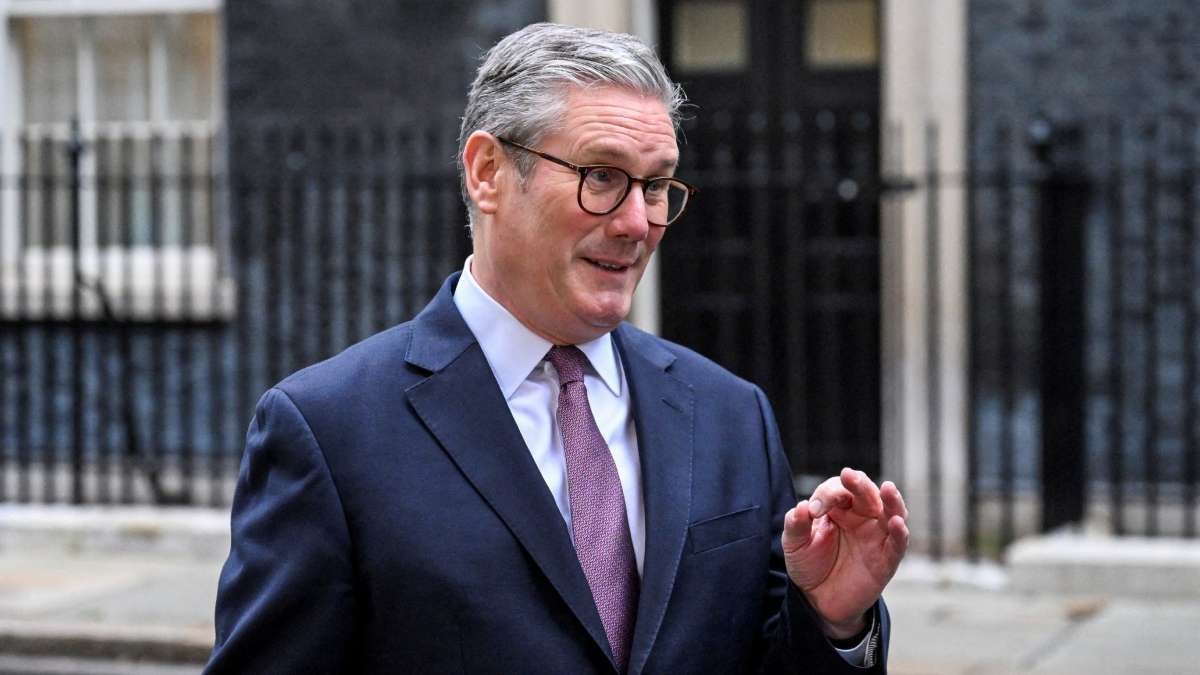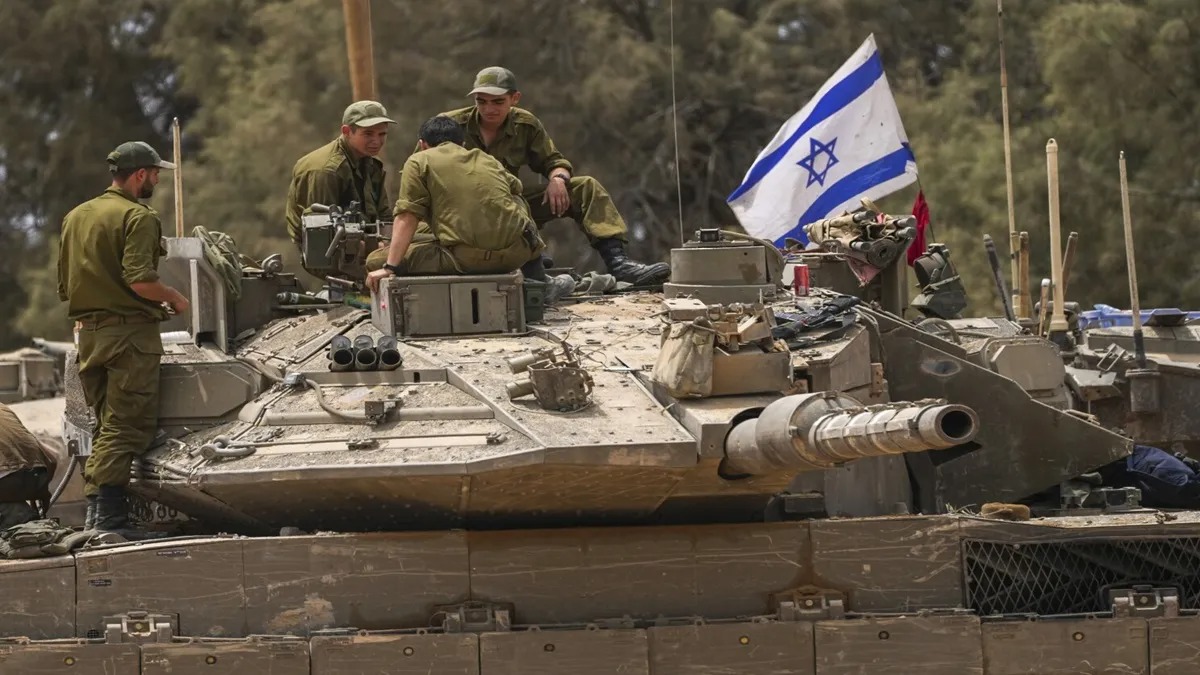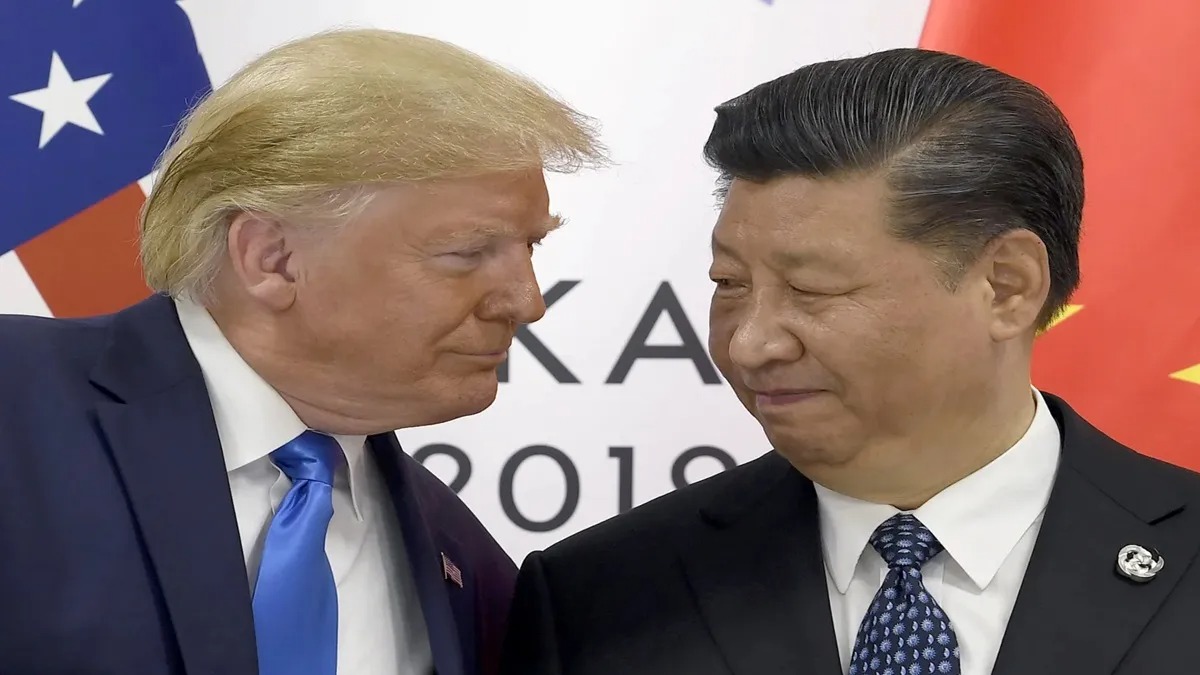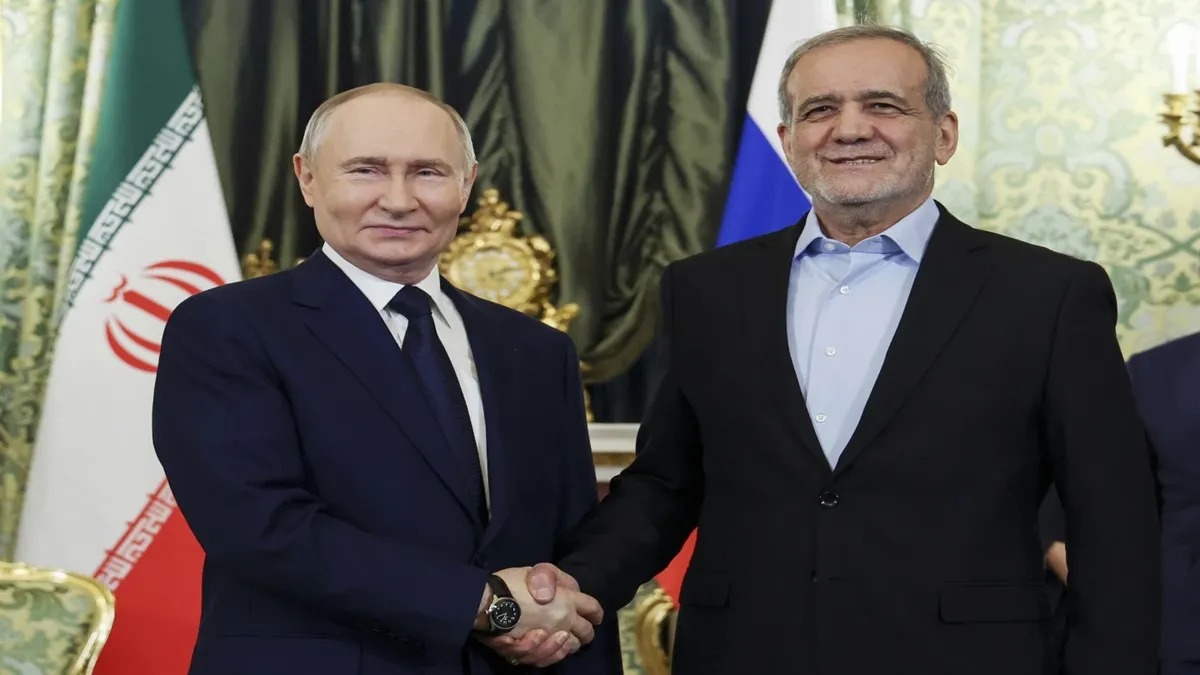
International: As relations between India and Canada hit an unprecedented low over the killing of Khalistani separatist Hardeep Singh Nijjar, other countries like the United States and the United Kingdom, both of whom are part of the Five Eyes intelligence alliance, have weighed in on the issue and called on India to cooperate with Canada in the ongoing investigation.
India downgraded relations with Canada after its High Commissioner Sanjay Kumar Verma was named as a 'person of interest' along with other diplomats over Nijjar's killing. Rejecting the allegations, India not only called back its High Commissioner from Canada but also expelled six of its diplomats from New Delhi, followed by a tit-for-tat move by Canada
Reacting to the developments, the US alleged that India was "not cooperating" with Ottawa with Canada's investigation into the killing of the Khalistani terrorist. "When it comes to the Canadian matter, we have made clear that the allegations are extremely serious and they need to be taken seriously. We wanted to see the government of India cooperate with Canada in its investigation. Obviously, they have not chosen that path," said US State Department spokesperson Matthew Miller on Tuesday.
What did UK say about India-Canada row?
The UK on Wednesday supported Canada's claims, saying India's cooperation with the legal process is the right next step over the “serious developments” seen earlier this week. "We are in contact with our Canadian partners about the serious developments outlined in the independent investigations in Canada. The UK has full confidence in Canada’s judicial system. Respect for sovereignty and the rule of law is essential," said a spokesperson from the UK's Foreign, Commonwealth and Development Office.
"The Government of India’s cooperation with Canada’s legal process is the right next step," the FCDO further said. This statement comes two days after Prime Minister Keir Starmer received a call from his Canadian counterpart Justin Trudeau on Monday.
Trudeau said his government has shared with its Five Eyes partners, the United States in particular, all information they have related to the allegations of the involvement of Indian officials in the killing of a Canadian national last year. “From the beginning, as of last summer, we've worked closely with our Five Eyes partners, particularly with the United States, where they have gone through a similar pattern of behaviour from India in regards to an attempted extrajudicial killing,” Trudeau said during the press conference in Ottawa.
What happened between India and Canada?
The already frosty ties between India and Canada deteriorated further when Ottawa tried to implicate Indian High Commissioner Sanjay Kumar Verma and other diplomats in an investigation linked to Nijjar's killing last year. Rejecting the allegations, India not only called back its High Commissioner from Canada but also expelled six of its diplomats from New Delhi.
“Prime Minister Trudeau’s hostility to India has long been in evidence. In 2018, his visit to India, which was aimed at currying favour with a vote bank, rebounded to his discomfort. His Cabinet has included individuals who have openly associated with an extremist and separatist agenda regarding India. His naked interference in Indian internal politics in December 2020 showed how far he was willing to go in this regard,” it said.
Canadian Prime Minister Justin Trudeau accused India of engaging in activities that posed a significant threat to public safety and ordered the expulsion of six Indian diplomats from Canada, marking a further escalation of the dispute. He claimed India had refused to cooperate with the investigation, despite Canada not presenting any evidence of India's involvement in Nijjar's killing.
--Advertisement--

 Desk
Desk Share
Share






